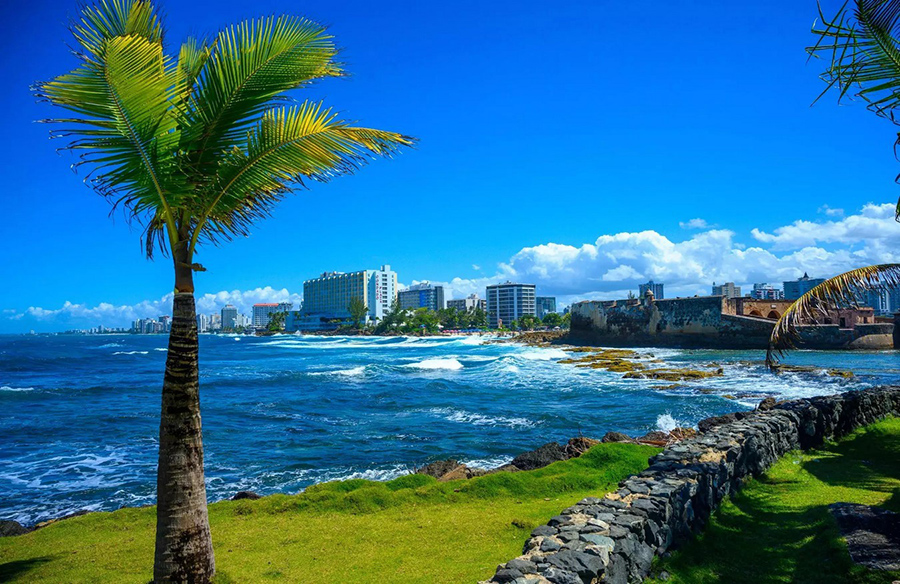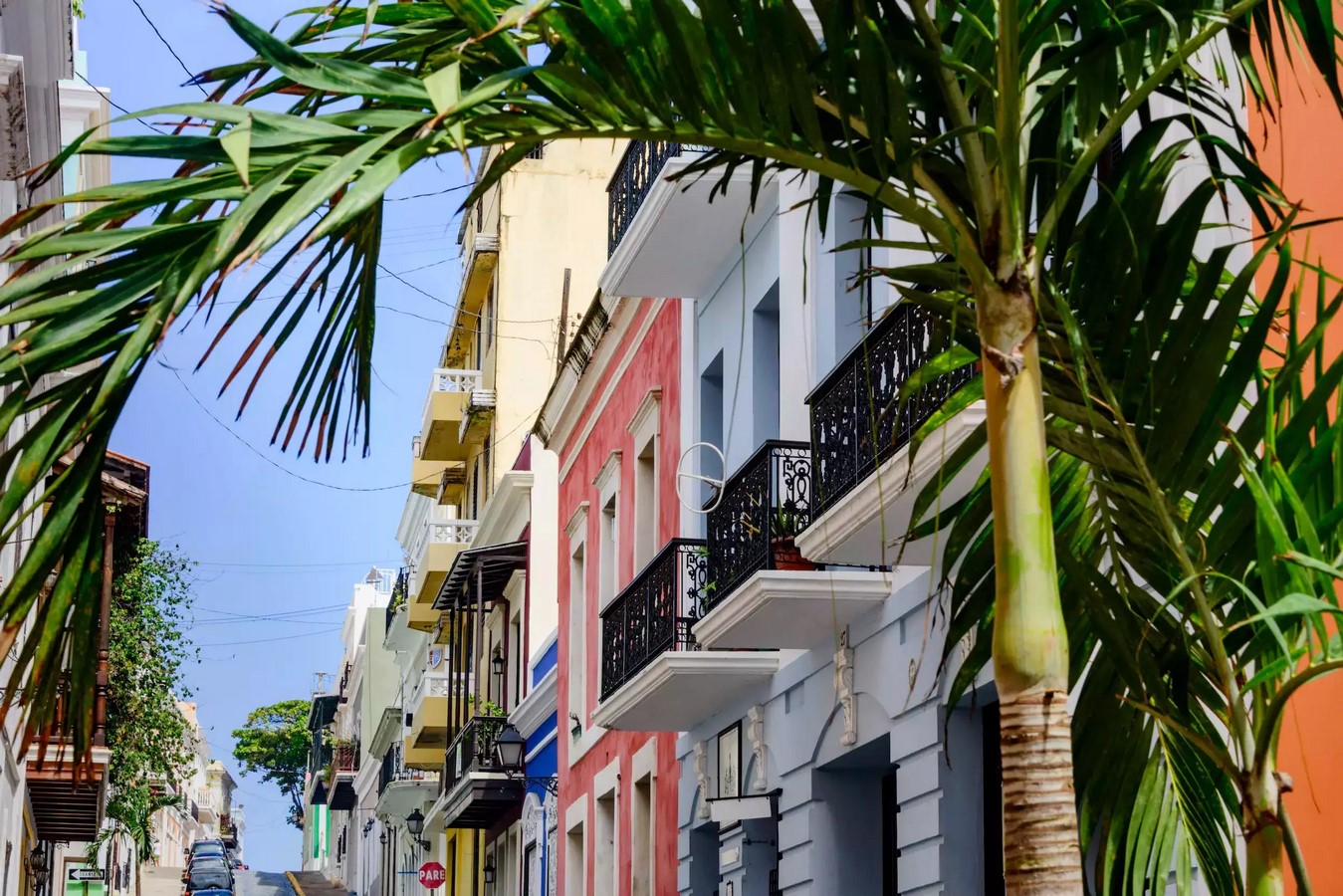
Moving to Puerto Rico can offer attractive tax benefits for wealthy individuals from the mainland United States, but navigating the process requires careful consideration of various factors and potential pitfalls.

The Appeal of Puerto Rico’s Tax Breaks
Puerto Rico’s Act 60 provides significant financial incentives to entice Americans to relocate to the island on a full-time basis. This legislation offers a 4% income tax rate, a 75% discount on property tax, and exemption from capital gains tax for gains accrued while residing on the island.
Misconceptions and Hidden Costs
However, tax expert Clarissa Cole, a managing director at Anderson, warns of common misconceptions and hidden costs associated with the move. One prevalent misunderstanding is the treatment of asset gains upon becoming a resident. Only gains earned while living in Puerto Rico are exempt from US capital gains tax, emphasizing the importance of documenting asset values and changes meticulously.
Understanding Income Taxation
Similarly, income tax benefits apply exclusively to income generated within Puerto Rico. Income from sources outside the territory does not qualify for the lower tax rate, including income derived from businesses operated in Puerto Rico but serving clients in the mainland US.

Compliance and Scrutiny
While Act 60 aims to attract wealthy individuals to bolster Puerto Rico’s economy, it also subjects beneficiaries to heightened scrutiny from the IRS. Any attempts to abuse the tax incentives or evade compliance may lead to severe penalties, underscoring the importance of adhering to the regulations.
Meeting Requirements
Furthermore, eligibility for tax breaks necessitates adherence to specific requirements, such as annual charitable contributions to Puerto Rico-based charities and the purchase of a residence on the island within two years of relocation. These prerequisites aim to ensure that beneficiaries contribute substantively to the local economy.
Seeking Professional Guidance
Cole advises prospective movers to conduct thorough research, seek advice from both mainland and Puerto Rican tax professionals, and engage with individuals who have undergone similar transitions. Understanding the nuances of Puerto Rico’s tax laws and compliance obligations is crucial to making informed decisions and mitigating risks associated with the relocation.
In conclusion, while Puerto Rico’s tax incentives present lucrative opportunities for wealthy individuals seeking tax relief, careful planning, compliance, and professional guidance are essential to navigating the process successfully and avoiding potential pitfalls.




Leave a Reply